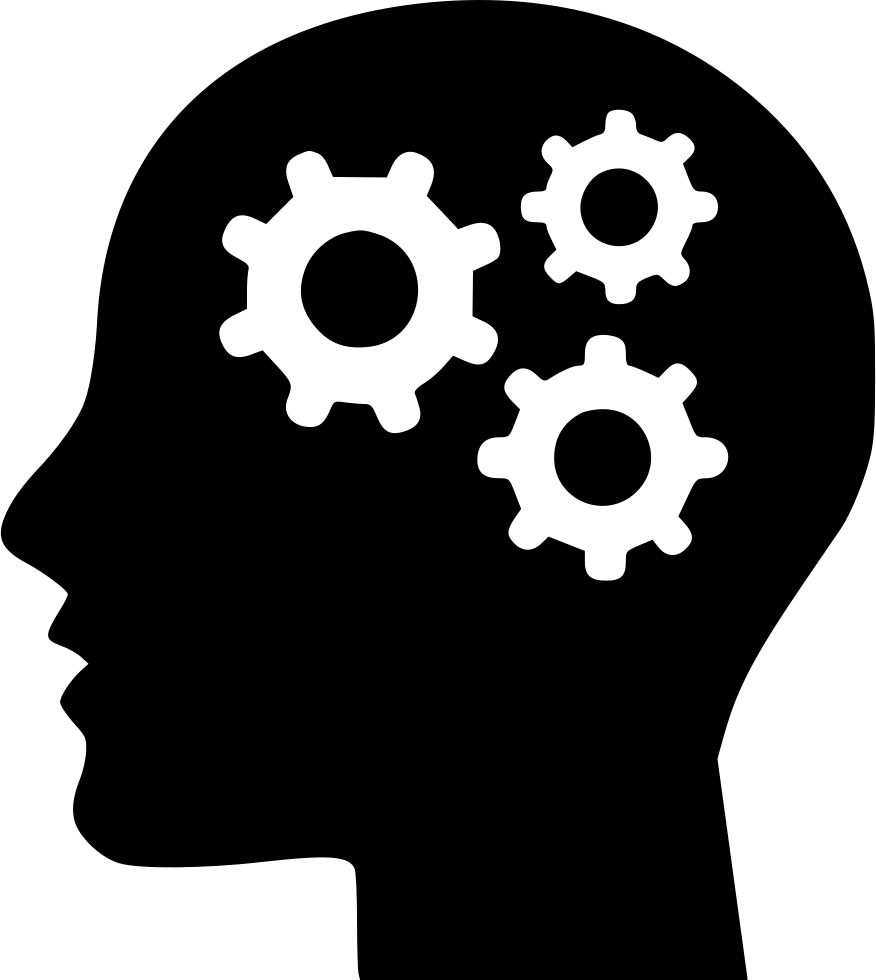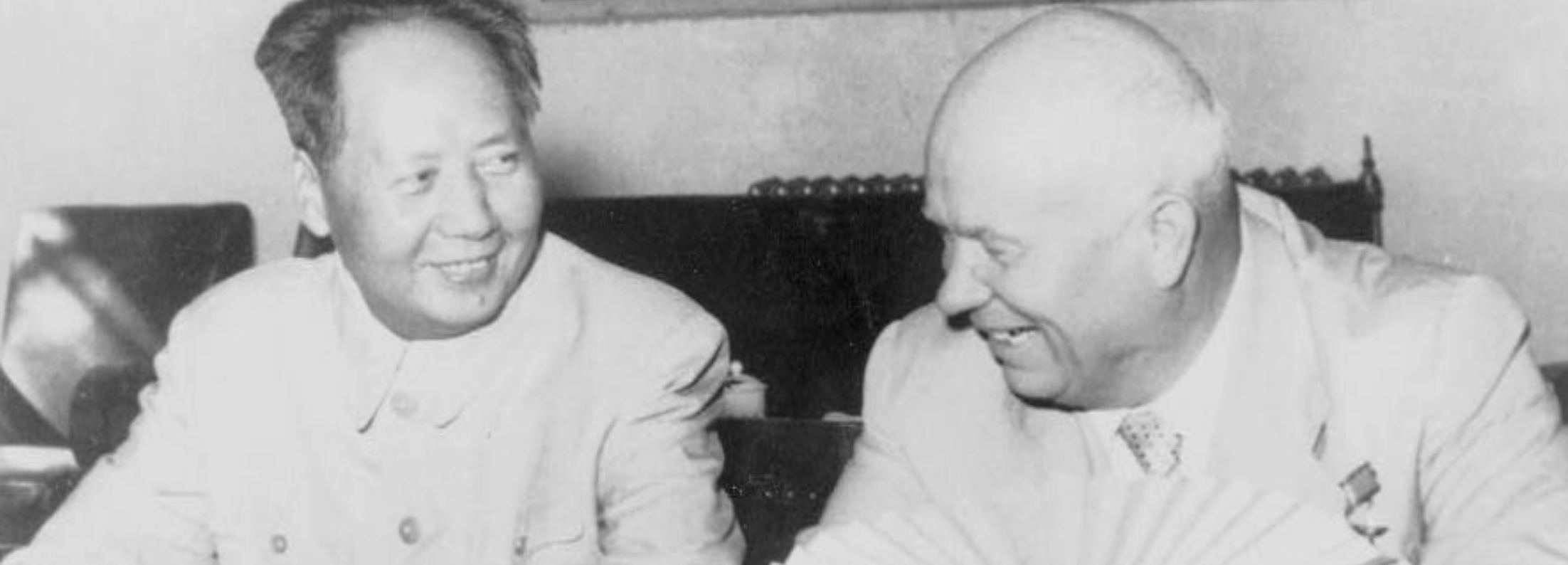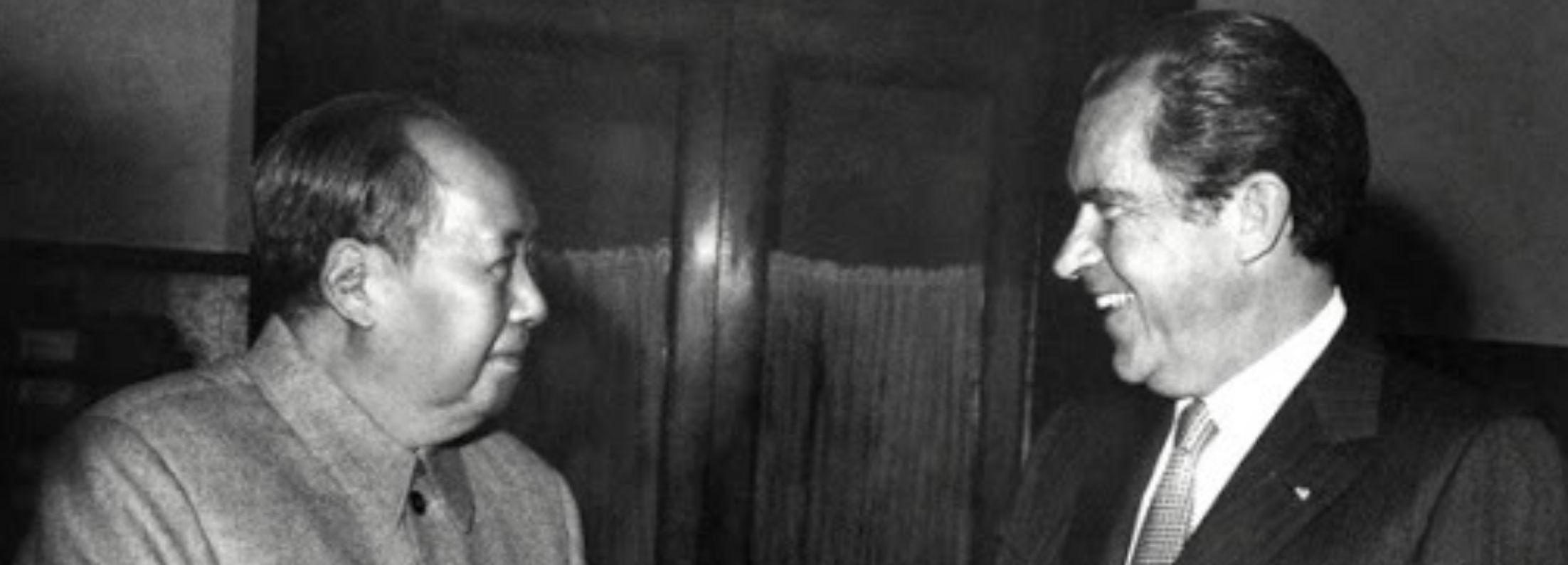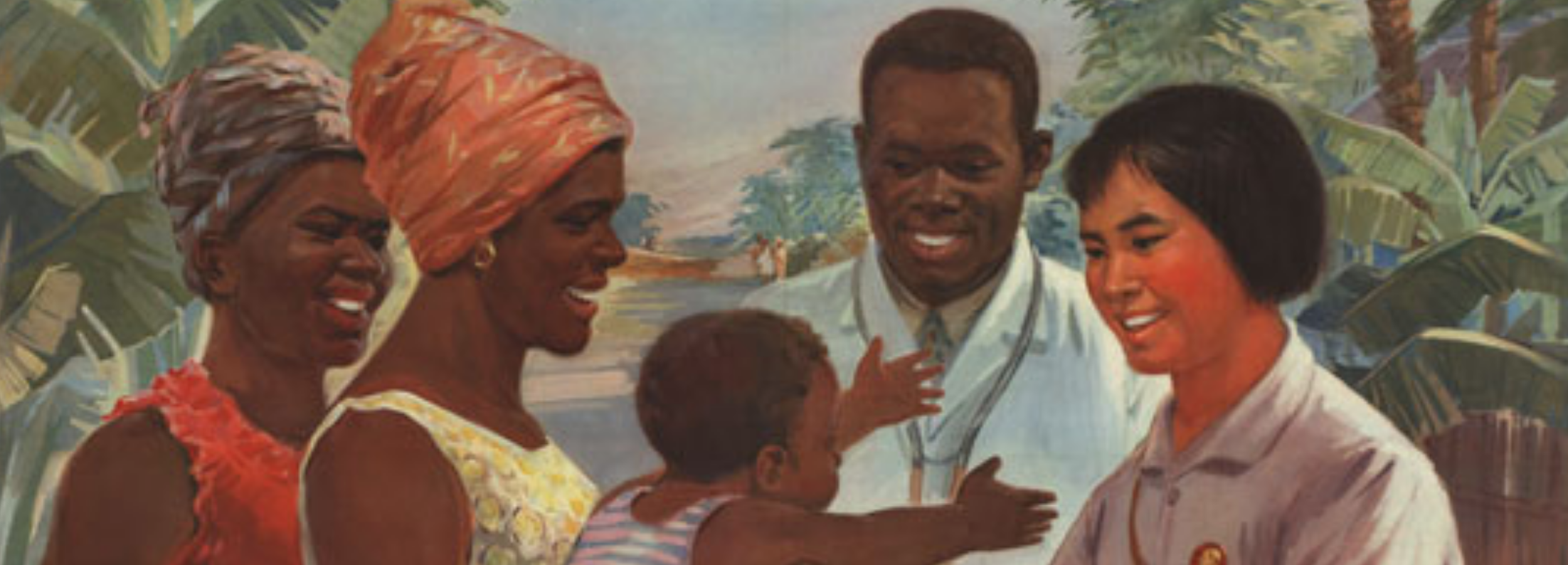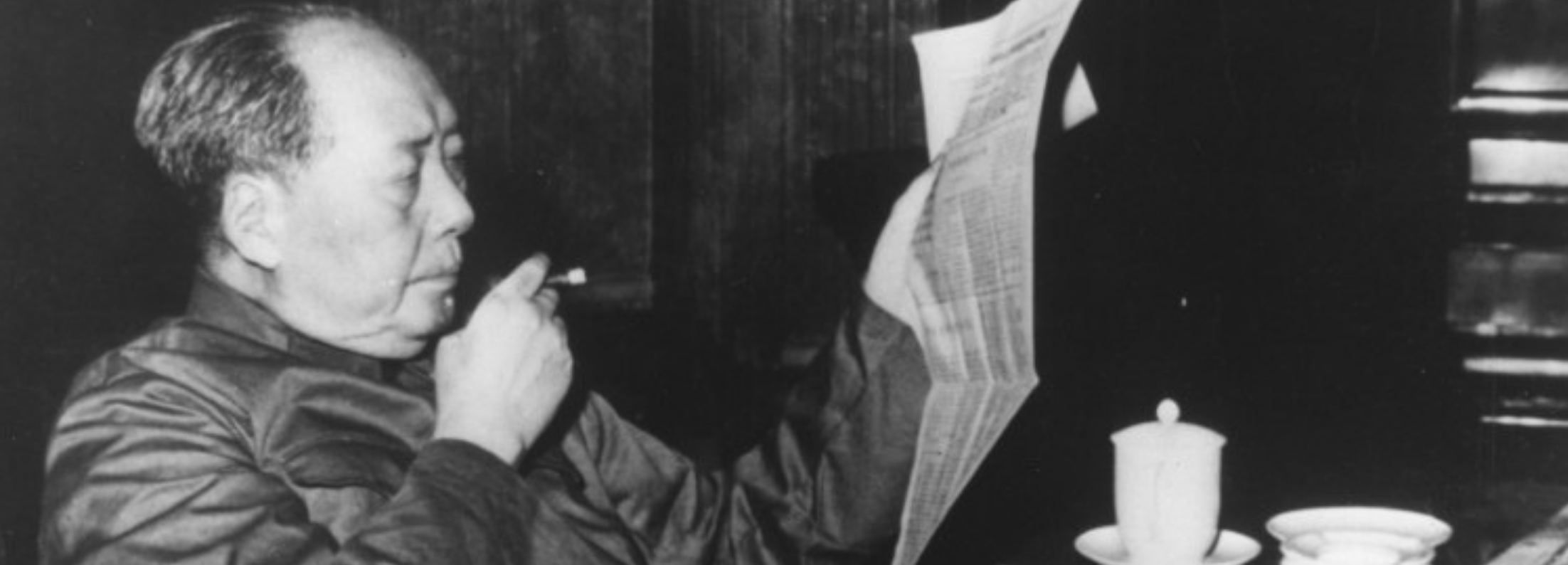Unit Outline
The persistence of the CPC in China poses a fundamental question for students of the Cold War. Why did communism fail in the USSR whilst continuing to thrive in China? What does this tell us about the nature of the Cold War? Was it just a bipolar conflict or more? This unit seeks to explore the increasingly important role that China played during the Cold War.
Often neglected in traditional interpretations, China's role has in recent years has become better researched, highlighting the impact that China has had on the Cold War since the beginning. In fact, the victory of the CPC in the Chinese Civil War in 1949 certainly could be considered as one of the top turning point events of the Cold War, escalating and broadening tensions for both the US and USSR. The Cold War also posed an opportunity for China, who sought to carve out its own international relations with non-aligned nations throughout this period. So to what extent did China shape the Cold War? This unit therefore explore the following statement of inquiry:
Often neglected in traditional interpretations, China's role has in recent years has become better researched, highlighting the impact that China has had on the Cold War since the beginning. In fact, the victory of the CPC in the Chinese Civil War in 1949 certainly could be considered as one of the top turning point events of the Cold War, escalating and broadening tensions for both the US and USSR. The Cold War also posed an opportunity for China, who sought to carve out its own international relations with non-aligned nations throughout this period. So to what extent did China shape the Cold War? This unit therefore explore the following statement of inquiry:
|
statement of inquiry
In global conflicts, emerging nations can achieve significant power by facilitating interdependence between non-aligned states
global context
Globalisation and Sustainability (Commonality, diversity and interconnection) - Students will explore the interconnectedness of human-made systems and communities; the relationship between local and global processes; how local experiences mediate the global; the opportunities and tensions provided by world interconnectedness; the impact of decision-making on humankind and the environment.
key history concept
Significance - History is not simply the record of all events that have happened in the past. Instead, history is the record that has been preserved through evidence or traces of the past, and/or the aspects that someone has consciously decided to record and communicate. Students should be encouraged to ask questions about why something may have been recorded or included in a historical narrative. Similarly, they should be encouraged to think about who or what has been excluded from historical narratives, and for what reasons. Additionally, students’ questions should encourage them to think about, and assess, the relative importance of events, people, groups or developments, and whether the evidence supports the claims that others make about their significance.
related history concept(s)
Interdependence - Interdependence is the state of two or more individuals, groups or societies being reliant on each other. This mutual dependence is often derived from a need for individuals, groups or societies to grow, develop, change and/or advance. Interdependence can lead to a variety of results, both positive and negative. These results can be the same or different for the parties involved in the interdependent relationship. As well, these results can change depending on the time period and location in which the individuals, groups and/or societies exist. Relations of interdependence are not necessarily horizontal. Historiography can also study processes of dependency, domination and power between peoples or nations.
|

